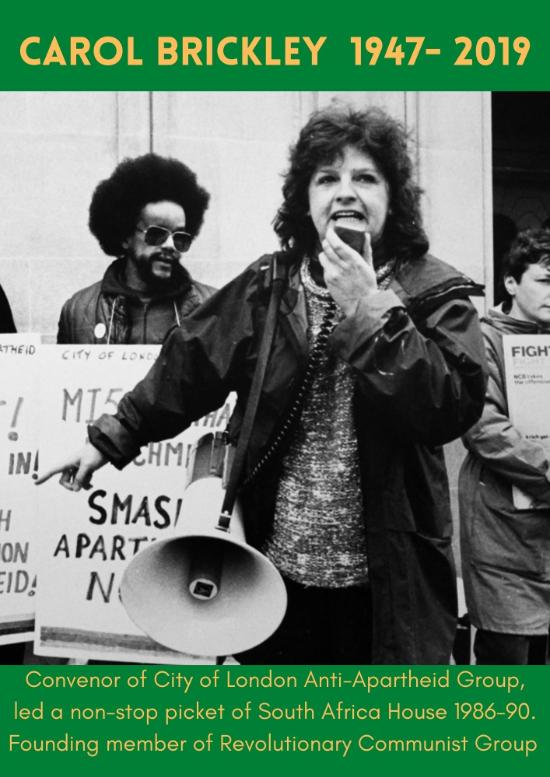Alexandra Kollontai 1872-1952
Alexandra Kollontai was a Russian revolutionary and writer. Following the 1917 Bolshevik revolution, Kollontai advocated radical changes in traditional social customs and institutions in Russia and later, as a Soviet diplomat, became the first woman to serve as an accredited minister to a foreign country.
Kollontai was the daughter of a general in the Imperial Russian Army, and later married to an army officer. In 1898, however, she abandoned her privileged social position, affiliated with the Russian Social Democratic Labour Party (RSDLP), and spread propaganda among women workers. She toured the United States and Europe, speaking out against the drive towards World War I, meeting revolutionary women such as Clara Zetkin and Rosa Luxemburg.
Kollontai returned to Russia shortly after the 1917 February revolution that deposed the Tsar but was replaced by the capitalist Provisional Government which failed to implement land reform or end Russia’s participation in the imperialist war – two key demands of the revolutionary masses and workers and peasant soviets. In this context Kollontai was one of the few people to immediately agree to Lenin’s radical proposal of an armed uprising against the state, culminating in the October revolution of 1917.
She became commissar for public welfare in the new Bolshevik government and used her position to radically remodel Russian society to improve the status of women. She was the most prominent woman in the Soviet administration and was best known for founding the Zhenotdel ‘Women’s Department’ in 1919. Prior to the Bolshevik revolution, life expectancy was around 30 years, infant mortality was double that in Europe and literacy levels for women were a mere 13%. From a young age women often worked long hours and received much lower pay. Following the creation of the world’s first socialist state, under the direction of the Zhenotdel, women’s emancipation leapt forward significantly. Representatives of the Zhenotdel would travel thousands of miles across the country in order to campaign for the revolution, setting up 125,000 literacy schools. The Zhenotdel published a monthly magazine Kommunistka which dealt specifically with issues such as sexuality, abortion and women’s liberation and linked these issues with the struggle for socialism.
After 1917, women were recognised in law as equal to men, labour laws assisted women with paid maternity leave and a minimum wage standard for men and women, health and safety protections at work, access to free health care and paid holiday leave. Creches were established for the socialised care of children. The Soviet Union was the first country to legalise abortion and to provide it free of charge. Separation of marriage from the church meant divorce was reformed to be available at the request of either partner; and, significantly, ‘illegitimate’ children were given the same rights as ‘legitimate’ children, meaning that men were legally obliged to provide support for their children whether they were married or not. By 1937, literacy rates for women were 65% and women comprised 47% of university students. For the first time, a majority of women had access to higher education, political office, the arts, culture and literature. Kollontai herself wrote and published several works, both theoretical and political fiction. Some of these include The Social Basis of the Woman Question, Communism and the Family, and Love of Worker Bees.
Though Kollontai was a staunch internal critic of the Communist Party and decried the multitude of contractions and challenges faced in the efforts to build a new society, her criticisms were always from her position within the revolution, in opposition to counter-revolutionaries who demanded the overthrow of the Soviet state. She always placed the question of women’s liberation as central to the construction of socialism, explaining ‘The ultimate objective of the proletarian woman is the destruction of the old antagonistic class-based world and the construction of a new and better world in which the exploitation of man by man will have become impossible. Women can only be truly free and equal in a world of socialised labour, harmony and justice’.
(see https://www.revolutionarycommunist.org/socialism/4930-wr100817)





